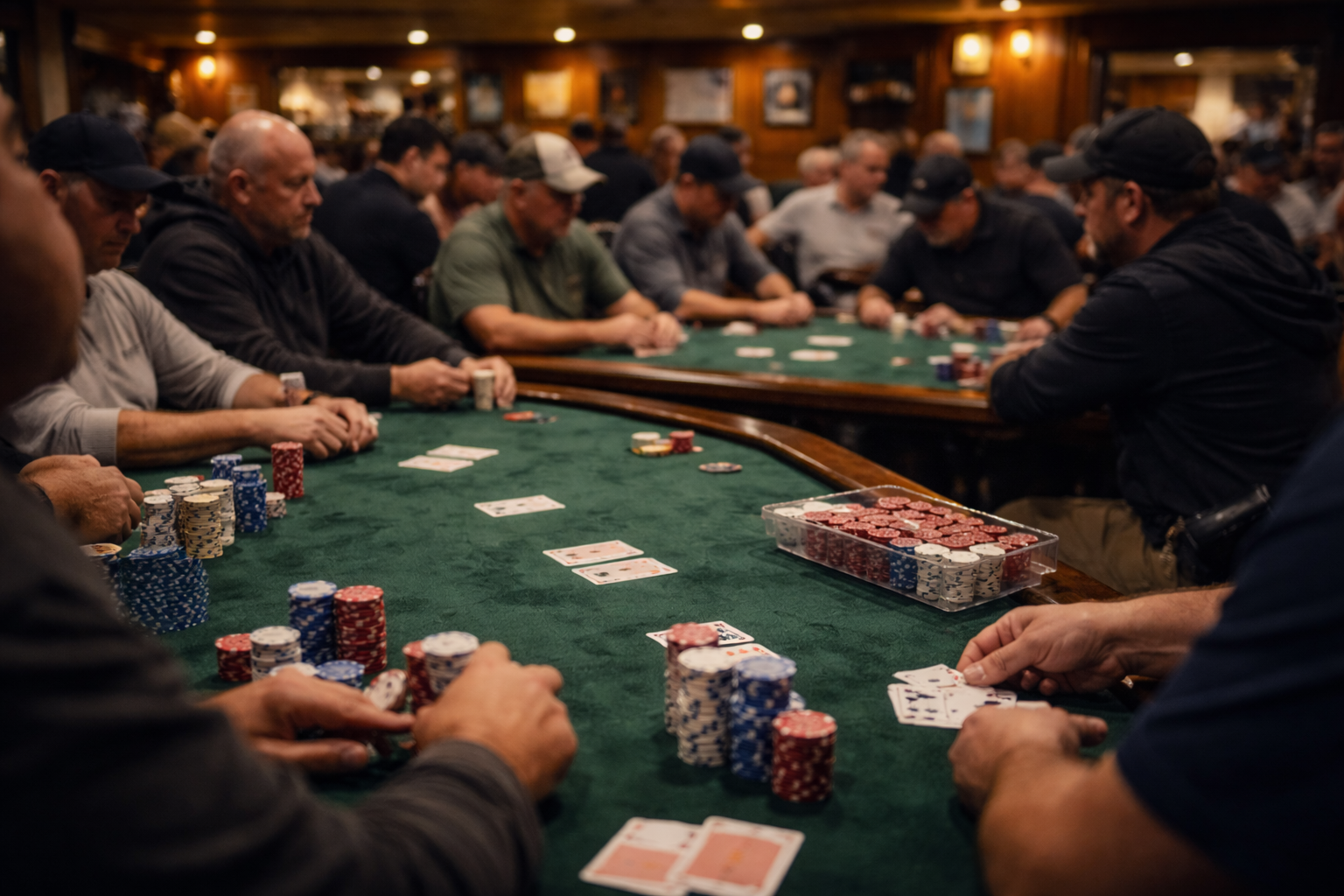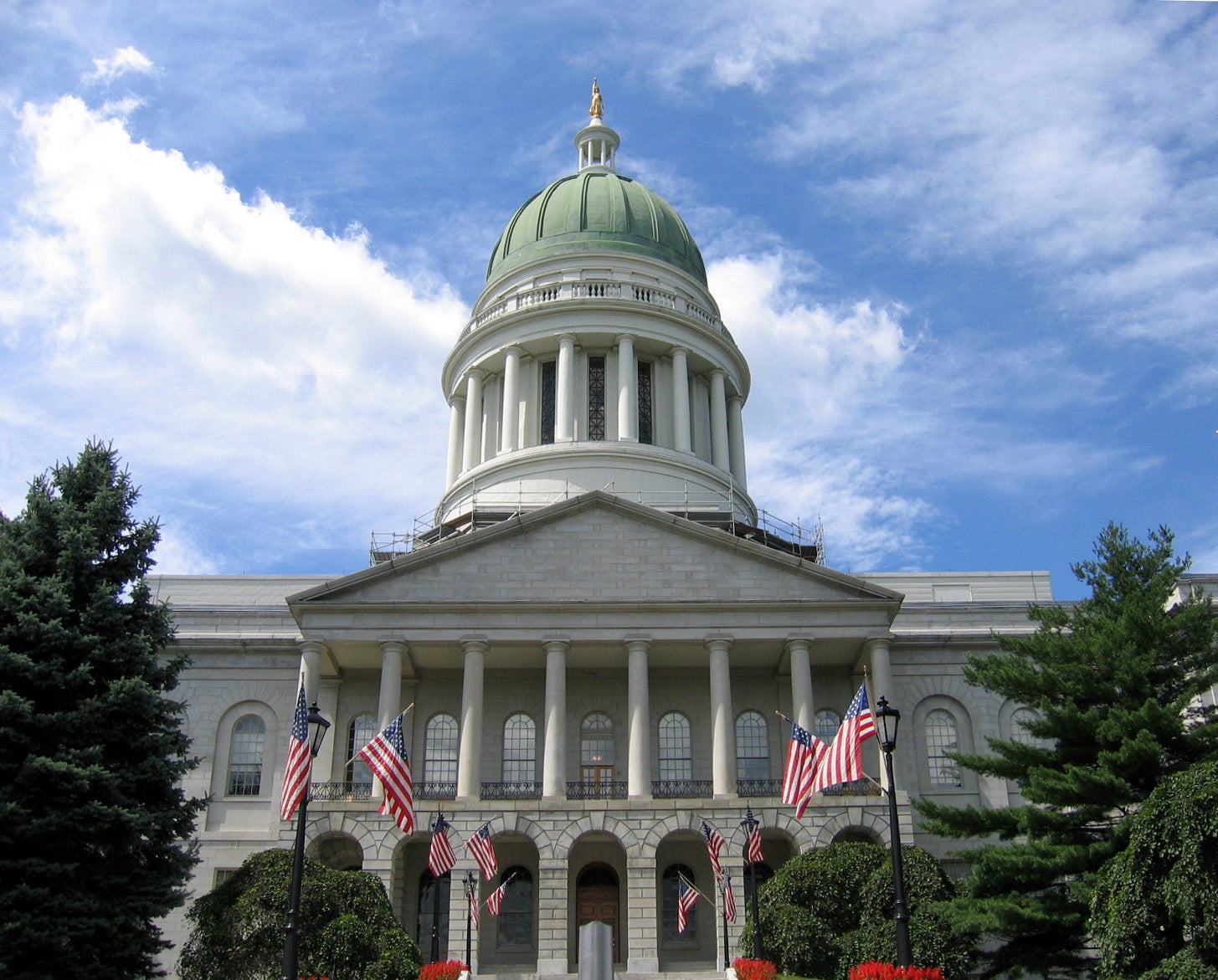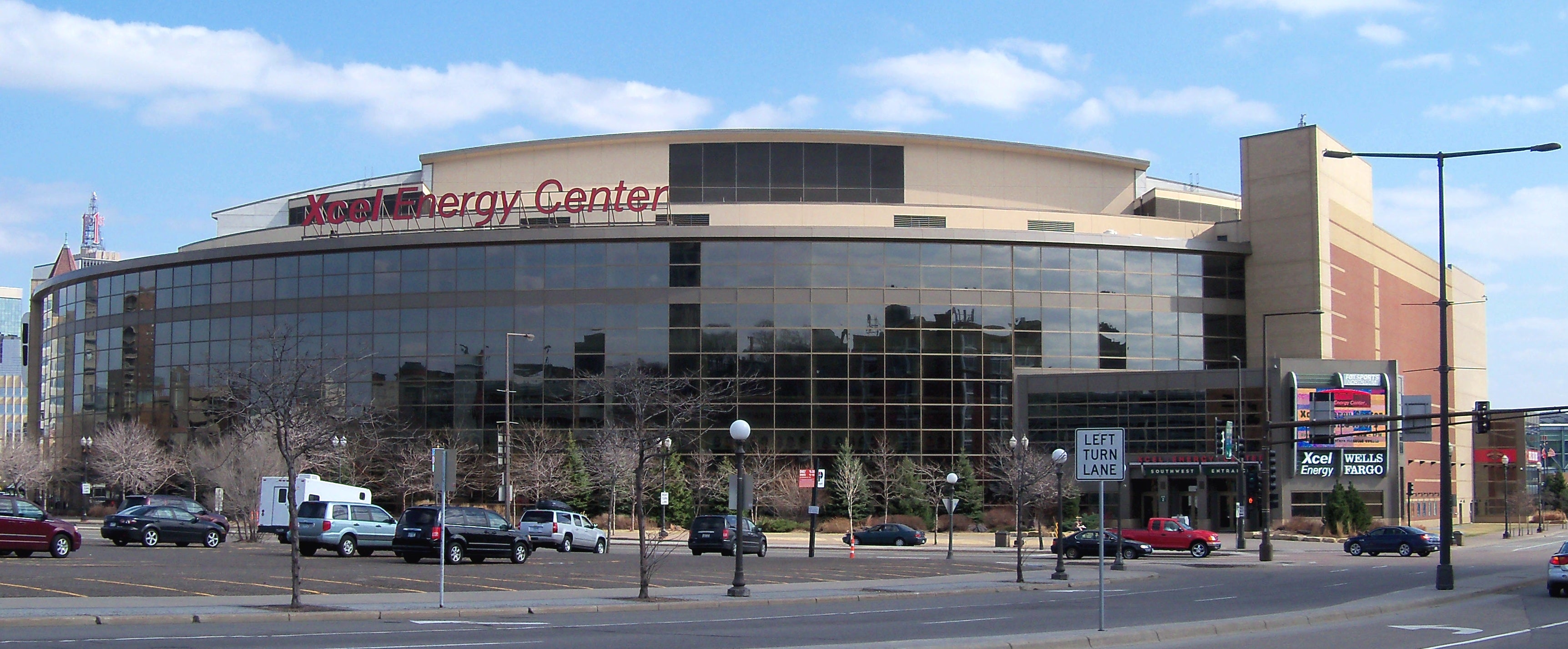Sorry, not sorry
A police report said that man defied the odds and won the jackpot of an exact amount of $57,000.07 around 4:00 p.m. local time.
Self-exclusions may last for one- or five-year periods or may be permanent, depending on what the gambler chooses. It is unknown which of these applied to the lucky and unlucky Philly man.
To add insult to injury, local police hit the man with a trespassing citation for violating the terms of the self-exclusion list, which prohibits members from visiting any gambling establishments.
Anyone on the self-excluded list must apply for removal from the list at the conclusion of their ban period. So, just because someone who chose a one-year ban waited more than 365 days, that does not mean they are eligible to enter a casino.
The Pennsylvania Gaming Control Board established its self-excluded gaming list in 2006 to help control problem gambling rates. It became especially important once legal sports betting swept the nation in 2018 and reached PA’s online market in 2019.
Pennsylvania’s struggle switch problem gambling
It is unclear why the man at Parx Casino was on the self-excluded list—however, the natural implication relates to financial or issues of self-impulse.
The gambling boom in America powered specifically by sports betting caused a strong uptick in problem gambling rates. A study published in JAMA Internal Medicine that was led by the University of California San Diego Qualcomm Institute and School of Medicine said that sports bets exploded from $4.9 billion in handle in 2017 to $121.1 billion in 2023, with 94 percent of wagers that year being placed online.
“Sports betting has become deeply embedded in our culture,” Matthew Allen, a third-year medical student, said in the news release. “From relentless advertising to social media feeds and in-game commentary, sportsbooks are now everywhere. What was once a taboo activity, confined to the fringes of society, has been completely normalized.”
The research team found that Google searches related to determining if one has a gambling problem increased 23 percent nationally from the time a federal court legalized sports betting in 2018 to June 2024.
It also noted seven states that struggled the most with rising problem gambling rates, one of which was Pennsylvania.
Anyone struggling with gambling addiction or in need of additional resources can contact 1-800-GAMBLER to speak to the National Problem Gambling Helpline operated by the National Council on Problem Gambling.







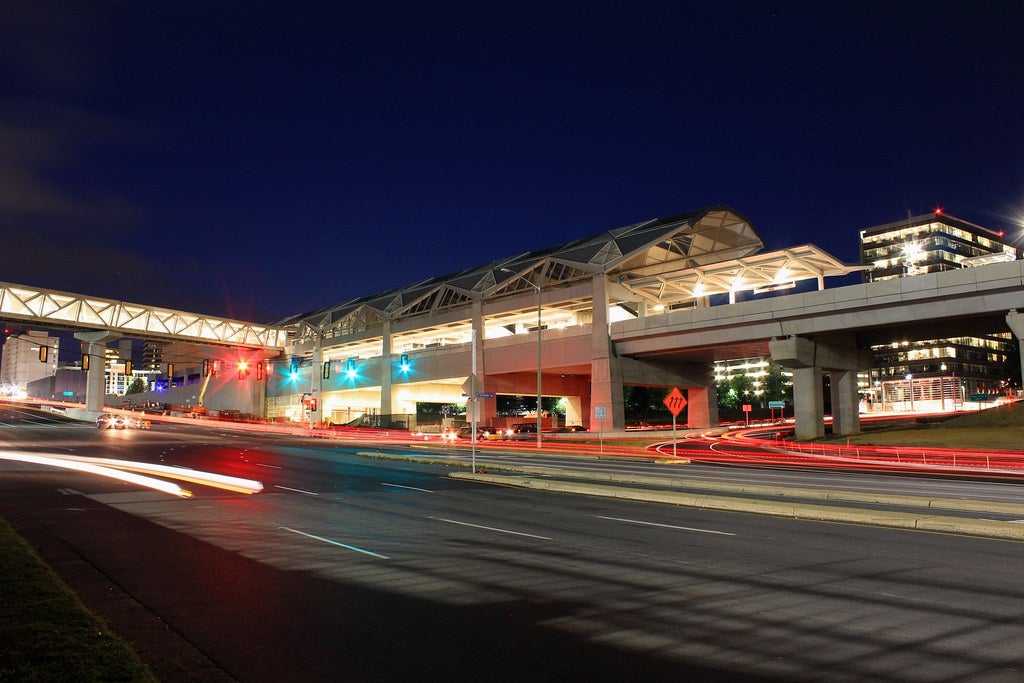

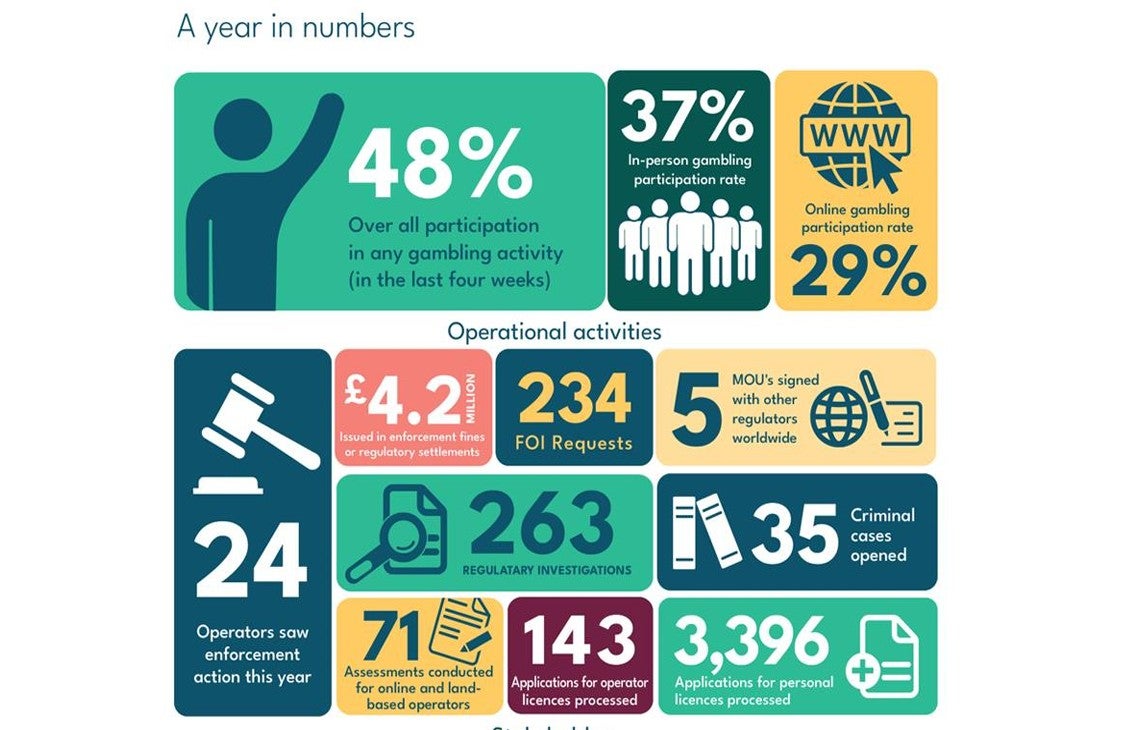
_(2374185648).jpg)



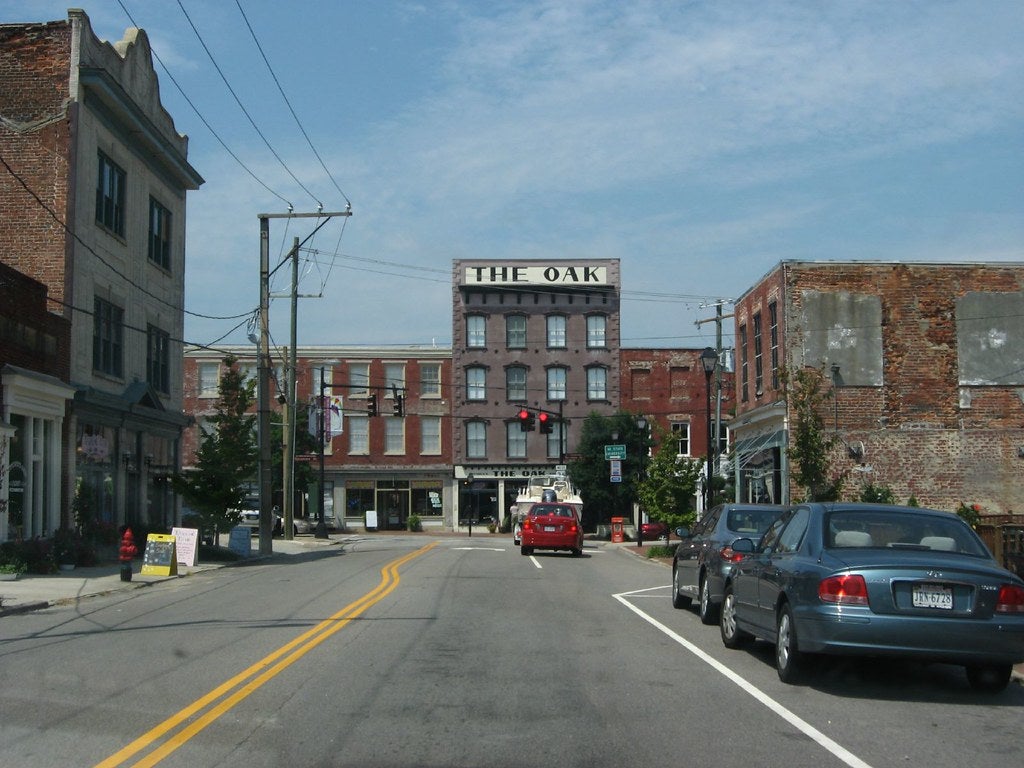

.jpg)
